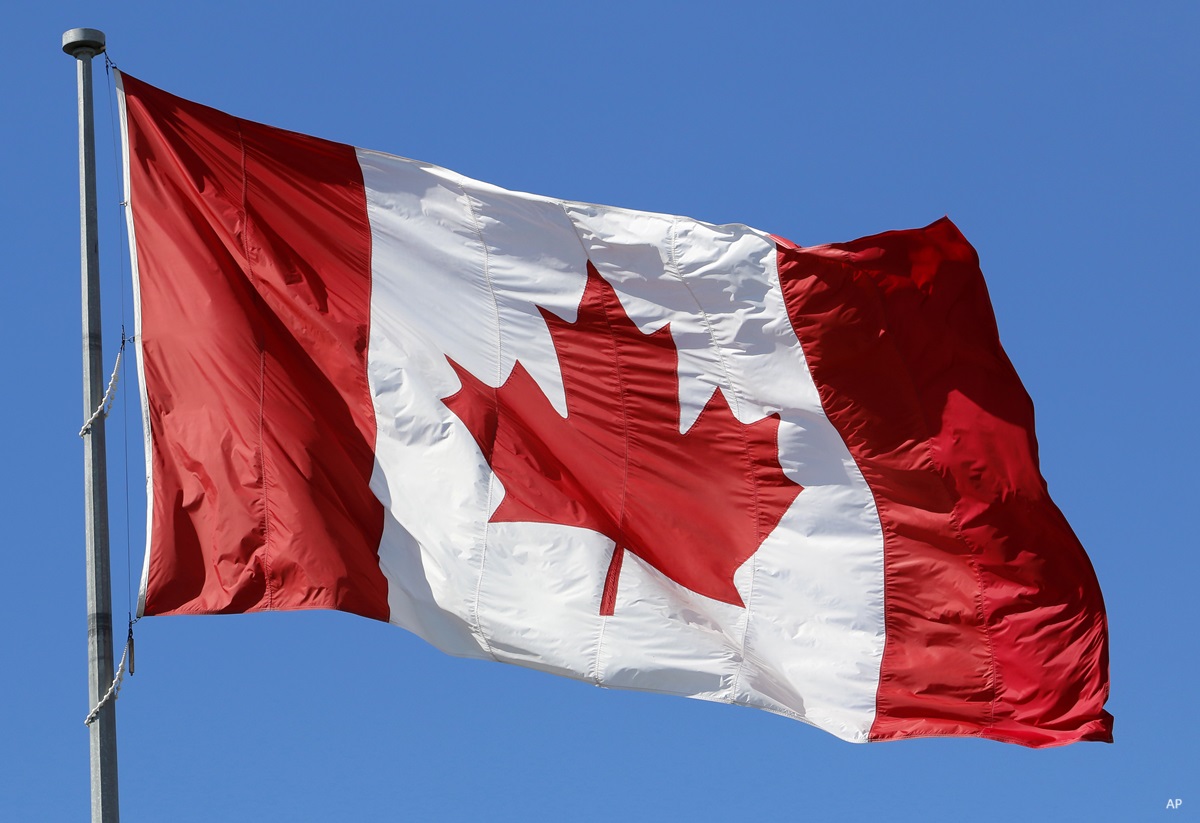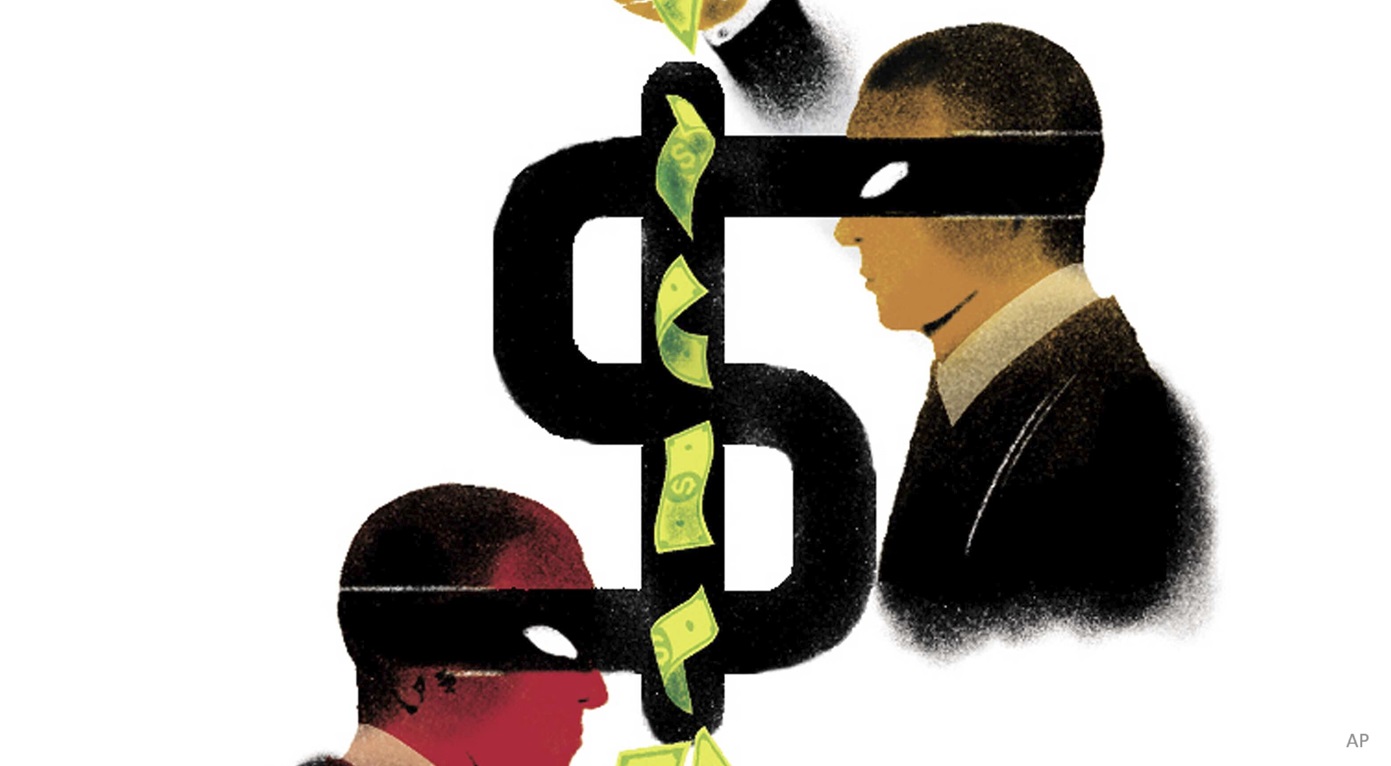Fixed-income markets could be viewed as benefitting from a once familiar "Goldilocks" environment, in which economies have been neither too hot, nor too cold. And as yields have continued to fall, bond investors have reaped capital gains. But Terry Carr, manager of the $1-billion Manulife Corporate Bond, cautions that yields are poised to start climbing again, albeit at a slow pace.
"With corporate earnings recovering and central banks maintaining significant liquidity and extremely low interest rates, it has been a Goldilocks environment. But that doesn't mean there aren't significant risks and we could fall out of that pleasant 'rut' that we're in," says Carr, head of Canadian fixed income at Toronto-based Manulife Asset Management Ltd. "There are challenges that can develop into real problems."
For now, Carr believes fixed-income markets are looking past geo-political tensions in Iraq, for instance, and are willing to take risks on assets such as high-yield bonds and floating-debt instruments. "The risk is that over time, if central banks maintain very low interest rates in the overnight area, you can create bubbles. When you hit the point that you, as an investor, are not paid for the risks that you take, irrespective of geo-political risk, there is the real risk."
Indeed, the 2009 asset-backed commercial-paper crisis is indicative of the kind of complacency that hit unsuspecting investors. "You have to be vigilant. The risk of bubble creation in a very low interest-rate environment is a very real phenomenon."
Watchful of the Federal Reserve's comments, Carr believes that if it raises rates sooner rather later, the increase will be muted, at about 25 basis points, and may not be followed by another hike for some time. "You could keep these extraordinarily low rates for a long time, as long as the economy is not overheating and inflation is well-behaved. That's the kind of message the Fed is sending, and what it will likely carry out -- very slow and gradual increases," says Carr, who expects that U.S. overnight rates will peak at about 2.5% in a three- to- four-year time-frame. "We are in a rising-rate environment. But the 'peak' rate will be unlike what we saw in previous periods."
 |
|
 |
|
| Terry Carr | |
 |
|
 |
|
 |
From a strategic viewpoint, Carr has kept his portfolio's duration (a measure of interest-rate risk) at just below three years. And he's taken a neutral stance on credit risk by holding a 50-50 mix of investment-grade and high-yield bonds within Manulife Corporate Bond. This allocation resembles the fund's blended benchmark of the DEX All Corporate Bond Index and the Bank of America Merrill Lynch High Yield Master II Index. Two years ago, the mix was a more aggressive 40-60 in favour of high-yield issues.
"The bond market has provided decent returns," says Carr, noting that on the whole Canadian investment-grade corporate-debt returns are close to high yield in the year to date. Among the holdings on the high-yield side is Air Canada, with a 2019-dated bond yielding about 5.6%. On the investment-grade side, there is Genworth Financial Mortgage Insurance Co. of Canada, which has a 2020-dated bond yielding 3.3%.
"We were right to have a 50-50 mix," observes Carr. "If you can produce the same rate of return with a safer asset class, then you will have a meaningful weight. You won't go all-in into high yield, if the return is similar to the investment-grade side."
A Toronto native, Carr joined the industry in 1985 after he graduated from York University with an honours bachelor of business administration. His first job was as a commercial-lending officer at Continental Bank of Canada. Inspired by an older brother who worked as a bond manager, Carr decided to pursue fixed-income management and was hired by Canada Life where he spent two years in the U.S. fixed-income area. "I got a taste for it, by doing a lot of convertibles and corporate debt."
In October 1987, Carr joined Manulife and specialized in high-yield debt. After nine years, he moved to Royal Bank of Canada where he managed its high-yield bond portfolio. In 1999, he left for New York where he was an investment strategist with hedge-fund managers Lucerne Partners.
In 2002, Carr returned to Manulife as senior portfolio manager. Today, as head of the fixed-income group, he is responsible for more than a dozen funds and about $18 billion in assets under management.
In December 2009, Carr began managing the $1.2-billion Manulife Yield Opportunities, together with Alan Wicks, senior managing director and senior portfolio manager. The Morningstar 4-star-rated fund competes in the Global Fixed Income Balanced category. It seeks to generate a running yield of about 5.5%, based on a mix of corporate and investment-grade bonds, and dividend-paying common equity. Currently, it holds 63.5% in fixed income, 26.5% in equities and 9% cash.
Meanwhile, the 3-star Morningstar rated Manulife Corporate Bond has had average or below-average returns in the High Yield Fixed Income category over most measurement periods, but also below-average volatility. The reason: fewer holdings of below-investment-grade bonds than most of its peers.
"It's a hybrid fund and has a lower risk exposure to the high-yield market," says Carr. "We've seen a material reduction in risk. But over a 10-year period, we've generated a similar rate of return."
Please click here for more of Morningstar's Fixed Income Week.










:quality(80)/cloudfront-us-east-1.images.arcpublishing.com/morningstar/Q3KIND5VXRCNHHH6JQHCCYBSSA.png)









